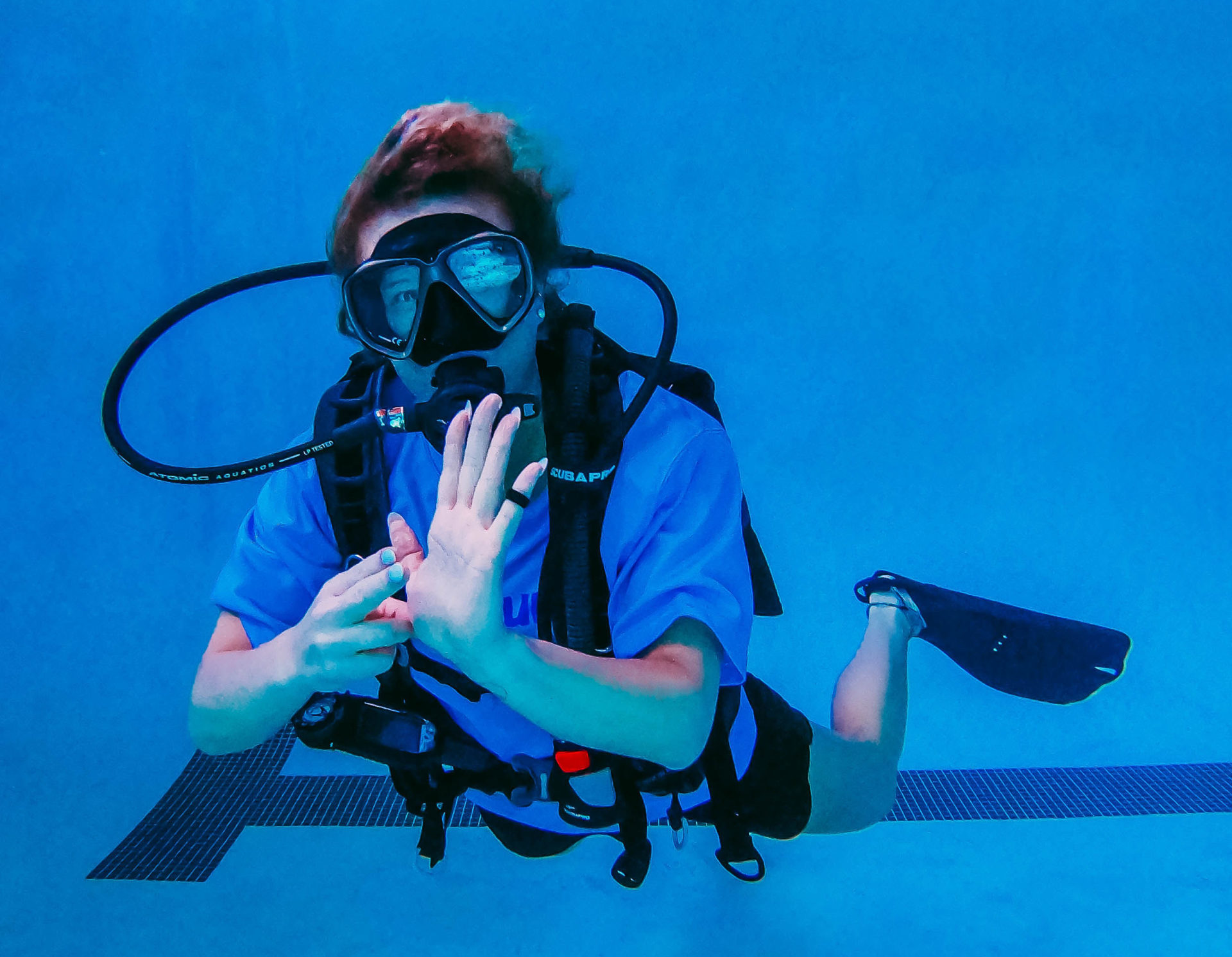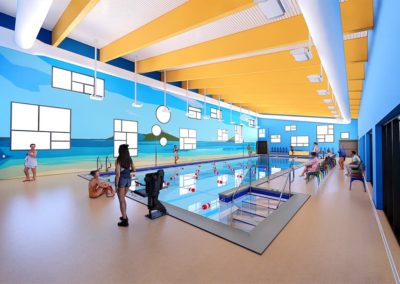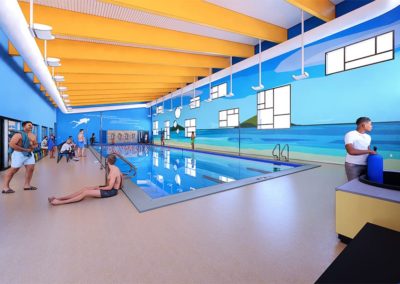Diventures – Vienna, VA
Need your scuba certification before vacation? Our dedicated dive instructors in Vienna provide knowledgeable training so you can build confidence and skills quickly. Divers from Arlington, Fairfax, Alexandria, Springfield, Falls Church, and other cities in the Washington DC metro come to Diventures for quality teaching and top-brand scuba gear. Stop by the dive shop on Mill St NE for scuba lessons and more!
Our facility
Diventures in Virginia is a dive shop with more than just ‘gear’. We pride ourselves on having the best instructors, staff and leadership. It isn’t about the number of divers we certify, but rather the quality of those divers. We are equipped with whatever you need to support your diving style (recreational divers, specialty enthusiasts, professionals, etc). They are not a one-size-fits-all shop; we tailor all equipment recommendations to fit your needs.
- Full service center
- Large retail space for top-brand scuba gear
Hours of operation
Mon: Closed
Tue-Thurs: 12-6 pm
Fri-Sat: 11 am-5 pm
Sun: 12-4 pm
New facility coming soon!
Vienna scuba fanatics and aquatic enthusiasts have something exciting to look forward to! Diventures plans to build a new facility that includes an 8,000+ square-foot state-of-the-art swim and scuba center, an indoor heated pool ranging in depth from 3.5 to 12 feet, a retail store, comfortable classrooms, a scuba service center and a travel center that offers phenomenal local and international scuba travel!
Vienna will offer world-class swim lessons, comprehensive scuba programs for recreational to professional divers, community events, scuba and swim equipment sales and service and world-wide group and private travel.
Vienna’s new Diventures location will be the go-to for all aquatic enthusiasts!




Learn to scuba dive in Vienna
Scuba is for everyone and we are the premier place for all things scuba. We offer a wide range of scuba classes – from scuba certification to professional courses. You’ll appreciate our classrooms and selection of scuba equipment.
Scuba for kids
Scuba diving lessons for kids are a fun and safe way for kids to deepen their love of the water. Our friendly and knowledgeable instructors are passionate about sharing their love of scuba.
Meet the Vienna team
Our team of experts in Vienna has years of experience teaching scuba diving. The whole team is passionate about sharing their love of the water and is dedicated to helping you achieve your goals.
Join us on social media
Join us on social media and stay up to date on scuba diving and swim lessons!





